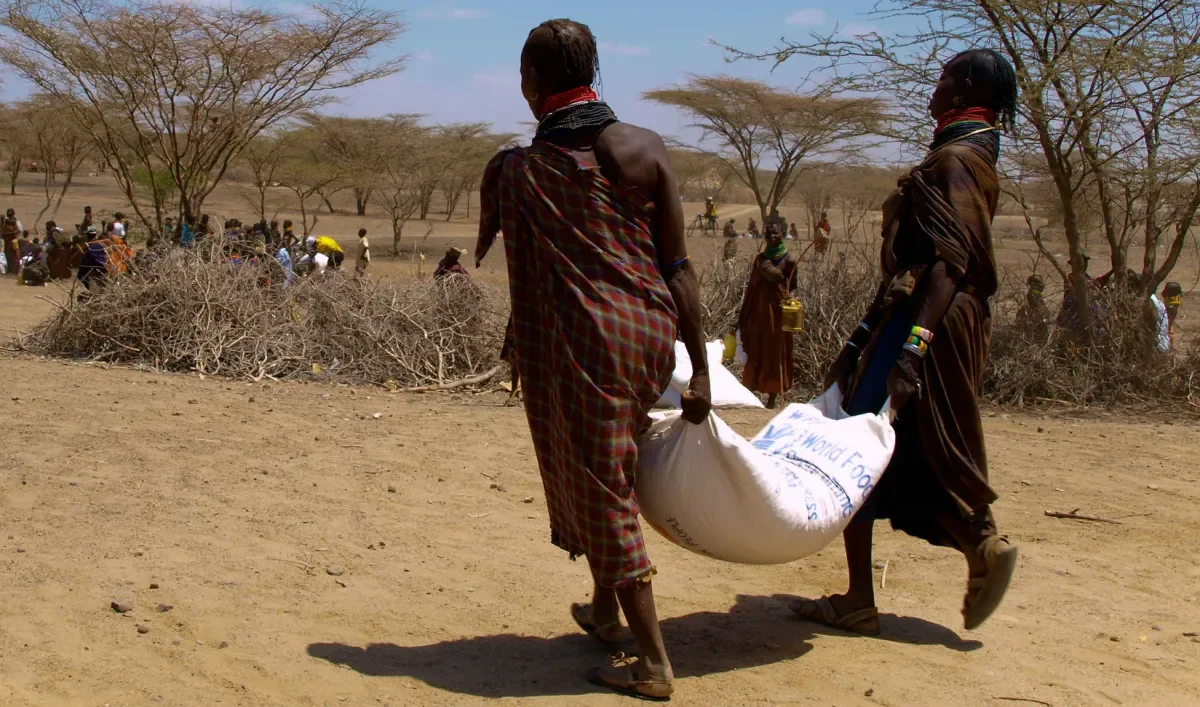

National security and development aid links shift dramatically since 9/11 and advent of the War on Terror
A new book, Risk and the Security-Development Nexus by DCU academic Dr. Eamonn McConnon examines the ever more closely linked relationship between development aid and the national security of donor countries and how this shifting relationship is affecting how we view aid and the purpose of aid in a post-9/11 world, one which has been shaped by the War on Terror and its consequences.
Poverty and instability in the developing world have been identified as a source of insecurity for the developed world through terrorist attacks originating from failed states such as Afghanistan, Iraq and Syria. This has provided a renewed purpose for development aid in addressing the root causes of conflicts in these regions. The fall out of conflict and development problems has impacted directly on Western states through political violence and large scale migration and has heightened debate over the role of development aid in addressing these issues. Development aid can play a role in both resolving existing conflicts and preventing future conflicts from arising, while also ensuring greater national security for the donor countries. Spending on development is seen as not only contributing to the security of these donor nations but also facilitating a closer coordination between security and development actors in the long term, known as the security-development nexus.
9/11 a turning point
The post-9/11 international system means that the inner workings of developing states and local level conflicts are now of huge interest to Western states, with the US driving the agenda on the war on terror. Since 2001, its security and development policies have effectively merged and security considerations have been brought into mainstream development policy outside of conflict and humanitarian situations. Dr. McConnon’s research specifically examines the time period from the late 1990s through to present, looking at the US, UK and Canada and tracks the shift in policies over this timeframe, studying programmes in both Ethiopia and Kenya (which has had a number of high profile terrorist attacks by Al-Shabaab, most recently an attack in Nairobi on the 15th of January.)
Security has been brought into development policy through the identification of security risks and variations in the risk assessment and priorities of donor nations is reflected in how they have merged security and development and the extent to which they have acted to address these risks. From the perspective of risk management, merging security and development can be used to address security risks to the poorest and most vulnerable or it can be used to address the risks to the donor nations security, essentially spending money in states deemed to be fragile and conflict affected, providing resources to bolster peace agreements. This aid also addresses problems of low education, gender imbalance and youth employment (the lack of) to prevent future conflict by strengthening government institutions, encouraging security services to have a greater respect for human rights. It is a long term view of security which sees well-being and prosperity of world’s poorest as central to national security of Western donor nations.
Dr. McConnon said “A long-term view of using development aid to manage risk looks to improve the lives of marginalised communities at risk of conflict. However, there is also a more short-term approach prioritising the immediate security needs of donor states. This can lead to development aid being used to support governments with poor human rights records further repress already marginalised and vulnerable groups in these societies. This is done in the name of clamping down on radicalisation or controlling migration but is more likely to lead to further unrest.”
Implications for the research
The research shows the implications for how populations in the developing world are perceived by the West, with the framing of Africa as a source of danger a contributory factor in the growth of racism and more restrictive immigration policies. Fear of immigration in Europe and North America can be directly tied to the success of the leave vote for Brexit in the UK and the election of Donald Trump in 2016. Further to this, it has demonstrated that addressing security at the level of long term development problems is still very much rooted in the conventional understandings of defending national security. Risk and the Security-Development Nexus will be launched at Hodges Figgis on February 21st at 6:00pm by former Tanaiste and Labour party leader Eamon Gilmore
Image: Irina Fuhrmann/Oxfam. Used under Creative Commons licence
